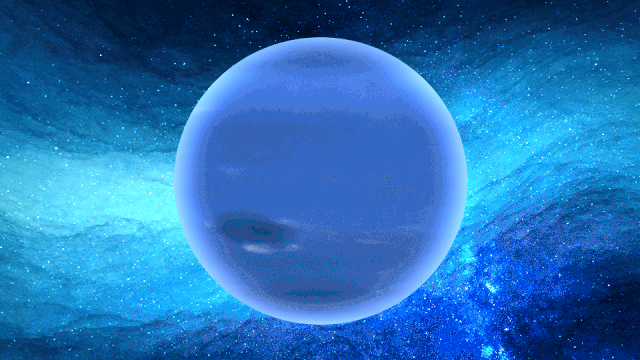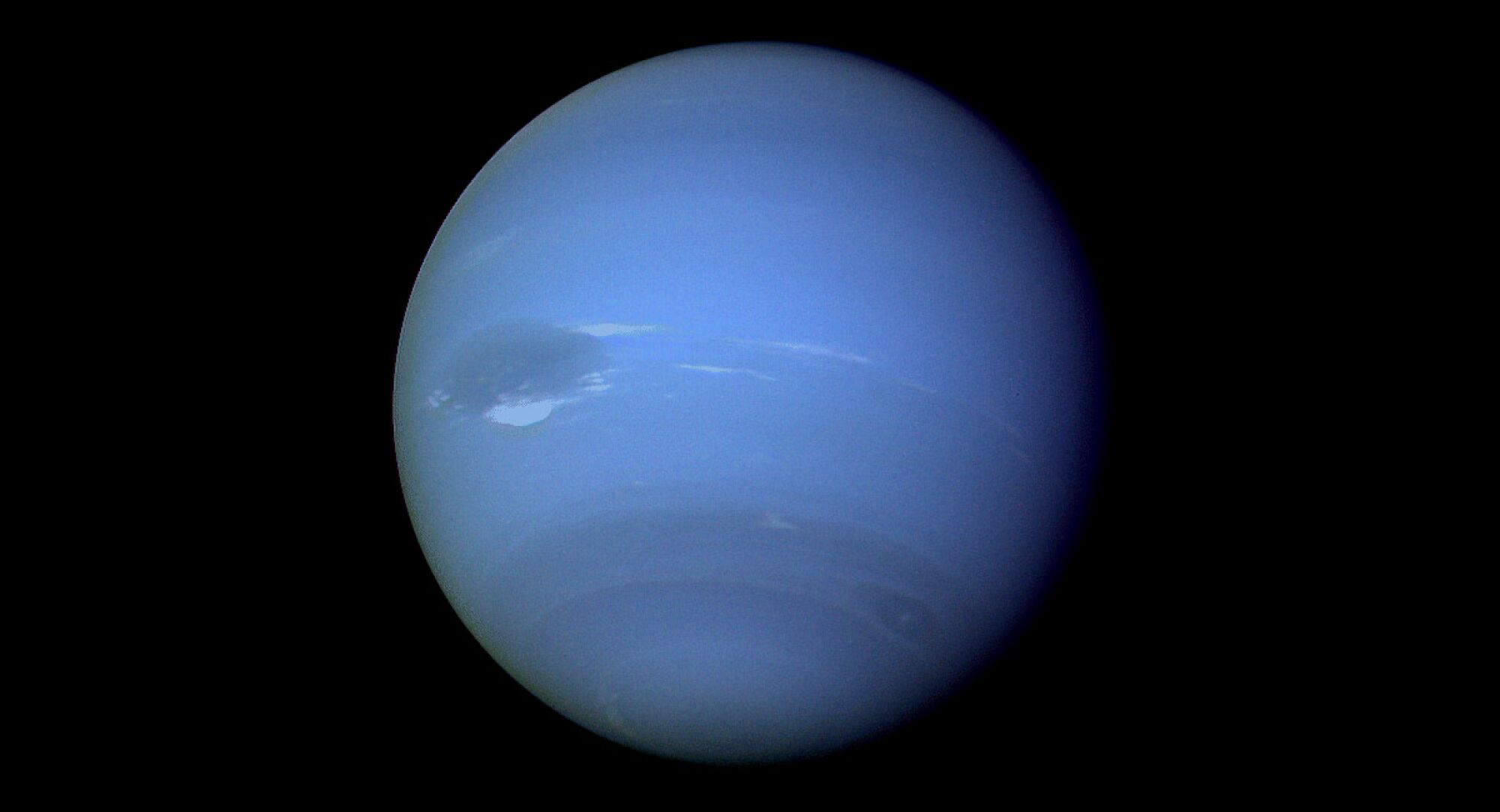The distant planet of Neptune has long been an object of fascination and intrigue among astronomers. Its icy blue atmosphere and extreme weather conditions have captivated scientists for centuries, and its mysteries continue to be unraveled with the help of cutting-edge technology.

Recently, the James Webb Telescope has made a breakthrough discovery that has flipped everything we thought we knew about this enigmatic planet on its head. The telescope has captured an image that challenges our preconceptions and provides an unparalleled view of Neptune’s true nature.
Neptune, named after the Roman god of the sea, is a gas giant planet with an icy blue atmosphere. It is the farthest planet from the sun and marks the end of our solar system. What makes Neptune unique is the fact that it has both a solid and liquid component beneath its atmosphere, making it the only planet in our solar system with such features.

However, it’s not just its physical composition that makes Neptune an intriguing planet. Its weather conditions are among the most extreme in our solar system, with temperatures that reach as low as negative 214 degrees Celsius and winds that can reach supersonic speeds.
Despite its inhospitable conditions, scientists continue to study Neptune in order to better understand its secrets. And with the James Webb Telescope’s recent discovery, we are one step closer to unraveling the mysteries of this distant planet.

So, what did the telescope uncover? Well, it turns out that Neptune’s blue coloration is not just the result of methane absorption in its atmosphere. There is another factor at play that has yet to be identified, but scientists theorize that it may be related to trace amounts of phosphorus or sulfur compounds in the planet’s atmosphere.

This revelation adds a whole new level of complexity to our understanding of Neptune and underscores the importance of continued research and exploration. The James Webb Telescope’s groundbreaking discovery is just the beginning, and we can expect to learn even more about this fascinating planet in the years to come.

In conclusion, Neptune remains one of the most captivating bodies in our solar system, and the James Webb Telescope’s latest revelation only adds to its intrigue. We may never fully unravel all of its mysteries, but with continued scientific exploration and discovery, we can certainly try.
VIDEO:
…





